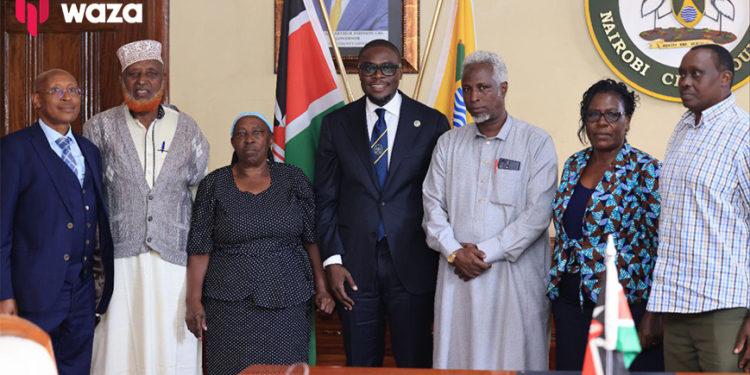Members of the Kariobangi Sewerage Farmers Self-Help Group are being relocated to their original land within the Kariobangi North Sewerage settlement. Critics argue that this move is an alleged attempt to illegitimately acquire public land.
The demolitions transpired during President Uhuru’s tenure, drawing widespread criticism as residents claimed a violation of a court order prohibiting eviction. The affected squatters endured harsh conditions, spending cold nights outdoors amidst Nairobi’s heavy downpour, as government bulldozers razed their homes on the disputed land.
In response, the government refuted the allegations, asserting that the evictions were essential to facilitate the expansion of sewerage treatment and management in Nairobi County. The objective was to ease the strain on the Ruai and Njiru sewer plants.
Then-Nairobi Senator Sakaja demanded a ministerial statement regarding the demolitions, seeking assurance that residents’ rights would not be violated. Despite the evictions, the government abandoned the Dandora Waste Sewerage Plant project in Ruai, which was slated to cover approximately 1,637 acres of land.
Activist Boniface Mwangi opposes the resettlement, contending that the governor is unlawfully allocating public land to private entities. Mwangi argues that the Kariobangi land is public property, and the governor lacks the authority to allocate it.
He raises concerns about the potential impact on Nairobi City Water and Sewerage Company, suggesting that the expansion of the sewer treatment plant may be hindered.
Mwangi questions the feasibility of accommodating the growing development of high-rise buildings in various areas of Nairobi without expanding the sewerage treatment plant.












